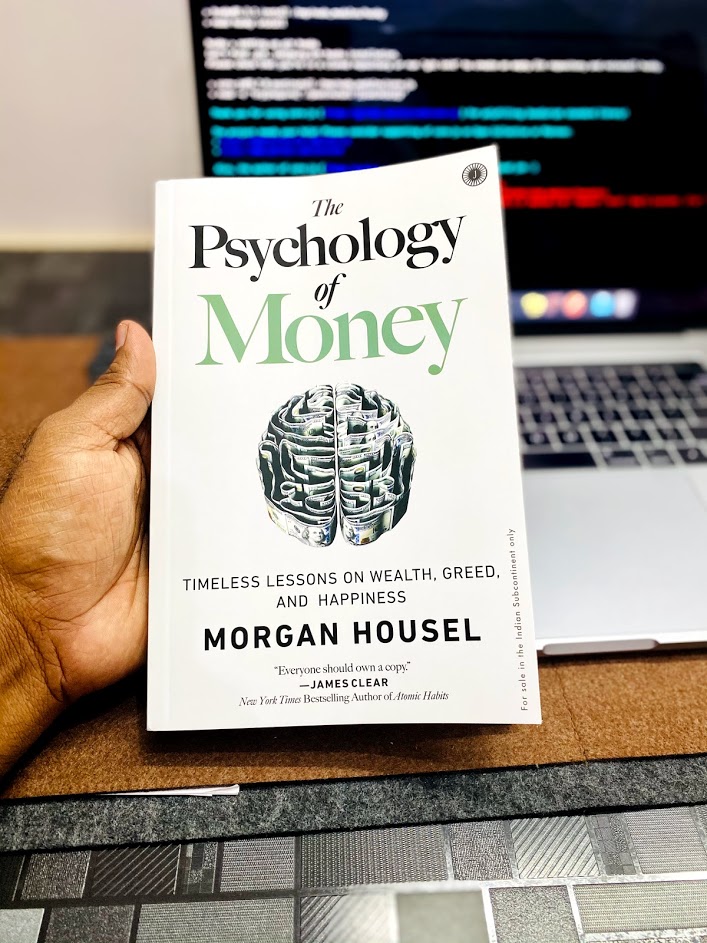The Psychology of Money
Reading notes from The Psychology of Money
Recently I finished reading The Psychology of Money written by Morgan Housel. It was my last book of 2020. There are many things we decide based on what we see around us. In general, the need emerges not just because something is needed but most of the time because we think we need those. It is a must-read if you want to learn more about money psychology. Some of the learning from this book you can apply to other things in life.

Here are few selected notes from the book-
Two topics impact everyone, whether you are interested in them or not: health and money.
Studying history makes you feel like you understand something. But until you’ve lived through it and personally felt its consequences, you may not understand it enough to change your behavior.
When judging others, attributing success to luck makes you look jealous and mean, even if we know it exists. And when judging yourself, attributing success to luck can be too demoralizing to accept.
Focus less on specific individuals and case studies and more on broad patterns.
There are many things never worth risking, no matter the potential gain. These are- reputation, freedom, independence, family, friend, happiness.
Getting money requires taking risks, being optimistic, and putting yourself out there. But keeping money requires the opposite of taking risks. It requires humility, and fear that what you’ve made can be taken away from you just as fast. It requires frugality and an acceptance that at least some of what you’ve made is attributed to luck, so past success can’t be relied upon to repeat indefinitely.
Planning is important, but the most important part of every plan is to plan on the plan not going according to plan.
Having a strong sense of controlling one’s life is a more dependable predictor of positive feelings of wellbeing than any of the objective conditions of life we have considered.
People like to feel like they’re in control - in the driver’s seat. When we try to get them to do something, they feel disempowered.
If respect and admiration are your goal, be careful how you seek it. Humility, kindness, and empathy will bring you more respect than horsepower ever will.
Wealth is hidden, its income not spent. Wealth is an option not yet taken to buy something later. Its value lies in offering you options, flexibility, and growth to one day purchase more stuff than you could right now.
The correct lesson to learn from surprise is that the world is surprising. Not that we should use past surprise as a guide to future boundaries; that we should use past surprises as an admission that we have no idea what might happen next.
We should avoid the extreme ends of financial planning. Assuming you’ll be happy with a very low income, or choosing to work endless hours in pursuit of a high one, increases the odds that you’ll one day find yourself at a point of regret.
Accept the reality of change and move on as soon as possible. Sunk cost.
There are many things in life that we think are true because we desperately want them to be true. They have a big impact on everything we do in general.
